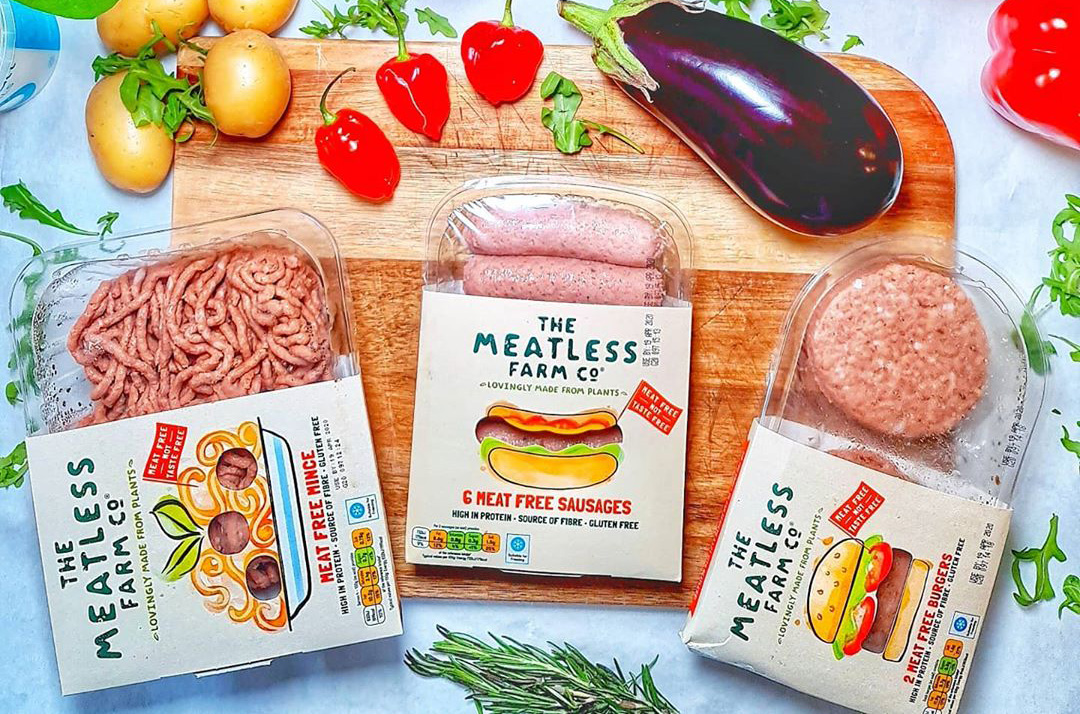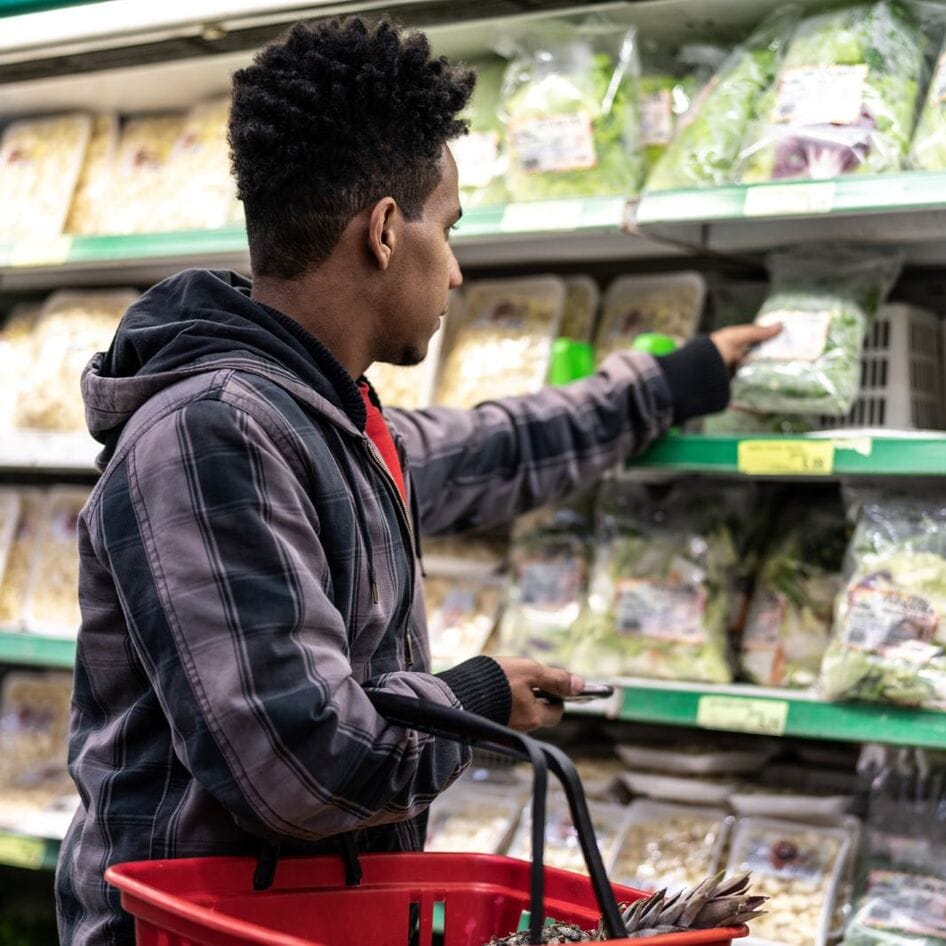Forty-two percent of consumers worldwide think most people will be eating plant-based foods instead of meat in the next decade, according to a new global consumer research survey conducted by research firm GlobeScan and non-profit organization EAT.
For the report, called Grains of Truth 2022, GlobeScan and EAT surveyed nearly 30,000 consumers in 31 markets around the world on their concerns about the current food system and access to healthy and sustainable food.
Concerns about our food supply
The survey revealed that more than half of consumers (51 percent) say they feel less secure about their food supply in the face of COVID-19, conflict, and climate change. The report also noted that there is significant variation in how this is being felt in different countries and regions, with Latin America reporting some of the highest levels of food insecurity in Brazil (73 percent), Columbia (72 percent), and Peru (69 percent), in addition to Kenya (77 percent) and Italy (64 percent).
 Pexels
Pexels
Worries about food supply extend to concerns about food shortages, with 60 percent of respondents saying that this is a very serious problem. There is considerable variation in levels of concern among countries, with eight in 10 people in Columbia, Peru, Kenya, Mexico, Brazil, Argentina, and South Africa saying they are worried about food shortages, while China (16 percent), Hong Kong (24 percent), and South Korea (28 percent) are the least worried.
The rising cost of living is also related to concerns about food, with 92 percent of respondents saying the price of their routine food shopping has increased in the last three months.
Rising consumer interest in vegan diet
Yet, against the backdrop of rising food insecurity and increasing prices, a promising 60 percent of consumers say they eat healthy food most or all of the time—with a growing number of people eating vegetarian or vegan diets.

In fact, eating only plant-based food has increased significantly across many important markets compared to before the pandemic, including in the United Kingdom and the United States. More than one in five (22 percent) say that they eat plant-based or vegan food, up from 17 percent in 2019.
“This timely research provides insight into how rising food prices, Russia’s illegal invasion of Ukraine, and climate change have exacerbated consumer fears about food insecurity,” Chris Coulter, CEO of GlobeScan, said in a statement. “Nevertheless, there appears to be a hopeful shift to more healthy and sustainable eating among consumers.”
“Plant-based diets are on the rise in all regions of the world, and consumers are becoming increasingly aware of the link between climate change and food choices,” Coulter said.
Interest in trying plant-based diets is also growing across all age groups: 40 percent of Gen Z, 43 percent of Millennials, 37 percent of Gen X, and 28 percent of Baby Boomers say they are very interested in trying this way of eating.
There are significant gaps in some countries between those who are interested in switching to a plant-based diet and those who are already doing this. The largest gaps are in Vietnam (38 percent), Thailand (37 percent), and Brazil (22 percent).
Nearly nine out of 10 consumers (89 percent) say that buying environmentally healthy and responsible food is important to them. Two-thirds (64 percent) claim they are willing to pay more for it, which indicates the value consumers place on these goods even against the backdrop of the rising cost of living.
Will plant-based foods replace meat?
Looking toward the future, more than four in 10 people (42 percent) say that in the next 10 years most people will “definitely” or “probably” be eating plant-based food instead of meat. Younger people are more likely to think this shift will happen, as are those living in Africa and Asia. North Americans and Europeans are the least optimistic about a large-scale shift toward vegetarian eating.

Meatless Farm
“The fact that so many people around the world are becoming more interested in eating healthy and sustainable food is an encouraging sign, a few years ago it would be unthinkable that 42 percent of people globally would believe plant-based food will replace meat inside a decade,” Dr. Gunhild Stordalen, EAT Founder and Executive Chair, said in a statement. “But the public is starting to understand the escalating climate and nature crises and the dangers it brings to their everyday lives as it intertwines with the pandemic, the war against Ukraine, and the accelerating cost of living crisis.”
However, Stordalen says the food system’s ability to provide access to affordable foods is critical to accelerating this shift. “While consumers understand the issues, it is up to everyone else in the food system to act now to help them—access and affordability will play a critical role, as the first edition of this report showed last year,” Stordalen said.
For the latest vegan news, read:
JUMP TO ... Latest News | Recipes | Guides | Health | Shop









